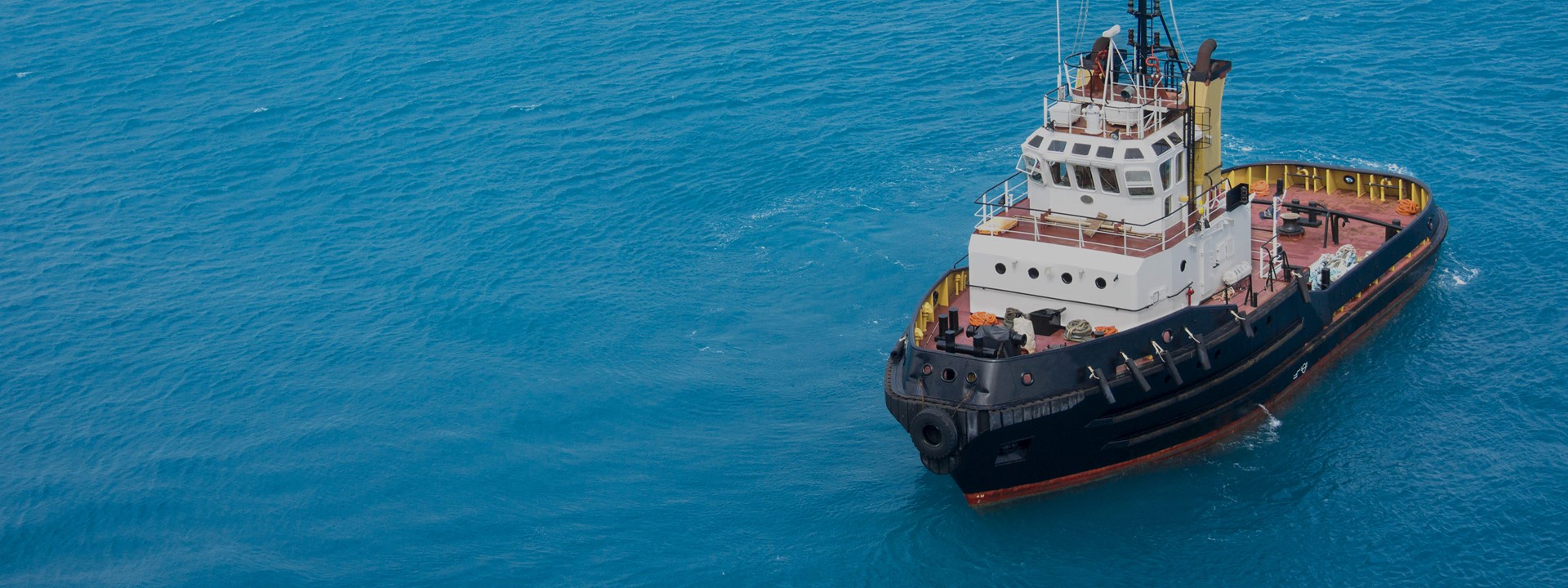2008 amendments to Annex VI of the IMO’s International Convention for the Prevention of Pollution from Ships 1973 (as modified by the Protocol of 1978) (MARPOL) – (the 2020 GLOBAL SULPHUR CAP)
As has been widely reported and publicised, from 1 January 2020 the maximum sulphur content in ships’ bunker fuel allowed by MARPOL will be 0.50% m/m (mass by mass).
The current limit of 0.10% m/m remains for the MARPOL Emission Control Areas (ECA). Local state or country limits may differ from the MARPOL regulations. Assureds should clarify the local regulations in the areas that their vessels operate in.
In addition to the above, a further amendment to MARPOL has been accepted, that will prohibit the carriage of non-compliant bunker fuel from 1 March 2020, unless the vessel is fitted with an exhaust gas cleaning system (EGCS – commonly referred to as a scrubber).
Enforcement of the sulphur cap is expected to be strict, with port state control officers using a variety of methods to confirm compliance.
For vessels using compliant fuel with limited sulphur content, Assureds must ensure that bunker delivery notes are of the correct format and clearly state the sulphur content. Representative samples must be retained and clearly labelled in accordance with MARPOL requirements. Furthermore, fuel systems that have previously been using fuel with a sulphur content of 3.50% m/m, may require to be cleaned in order to prevent operational problems and contamination of any low sulphur fuel bunkered.
If compliant fuel cannot be obtained, a vessel can submit a fuel oil non-availability report (FONAR – an example format may be found here) to their flag state and the port of destination. Our understanding is that these documents will be stringently scrutinised and cannot be considered as an exemption from following the regulations.
For vessels using a scrubber to achieve compliance, Assureds must confirm that they adhere to local regulations on effluent discharge and/or the use of scrubbers. These rules will vary from state to state and are subject to regular changes going forward. All planned maintenance for the scrubber system should be up to date and all sensors operational.
P&I Cover
Under British Marine’s Terms and Conditions, cover for fines in respect of breaching MARPOL requirements is excluded. Assureds will therefore need to take all reasonable steps to comply with MARPOL in every possible way.
However cover will be considered only for liabilities, including fines, arising from purely accidental discharge of non-compliant emissions that result in MARPOL breaches. Each case will be considered on its own merits, entirely at British Marine’s discretion and subject to the Terms and Conditions. One such example might be where non-compliant emissions have arisen from the technical failure of an otherwise approved exhaust gas cleaning system (scrubber) that was not detectable by the exercise of due diligence. In such circumstances Assureds will need to demonstrate that they acted in good faith and did everything that could be reasonably expected of them to ensure compliance with MARPOL.
Cover will be considered for other fines arising from the carriage or use of non-compliant fuel oil where it has not been possible to obtain compliant fuel. In such circumstances Assureds will need to provide documentary evidence that they attempted to purchase compliant fuel oil, including the investigation of all possible alternative sources within a reasonable geographical area, based on the vessel’s trade, but that ultimately no such fuel oil was available for purchase. They will also need to demonstrate that the carriage or use could not have been avoided by the exercise of good voyage planning.
It should be noted that in all cases of MARPOL breaches where cover is being considered, security will not be provided until a final decision has been made by British Marine regarding cover. The only exception to this would be where counter-security in a format acceptable to British Marine is provided by an Assured.
With view to assisting our Assureds in respect of the upcoming changes, British Marine recommends that time charter parties are amended so as to incorporate the 2020 Marine Fuel Sulphur Content Clause (replacing the BIMCO Fuel Sulphur Content Clause 2005) and the 2020 Fuel Transition Clause in order to deal with the one-off event of switching from 3.50% sulphur content fuel to 0.50% sulphur content fuel. More information can be found at the BIMCO website: https://www.bimco.org/news/priority-news/20181210-bimco-publishes-two-2020-sulphur-clauses.

